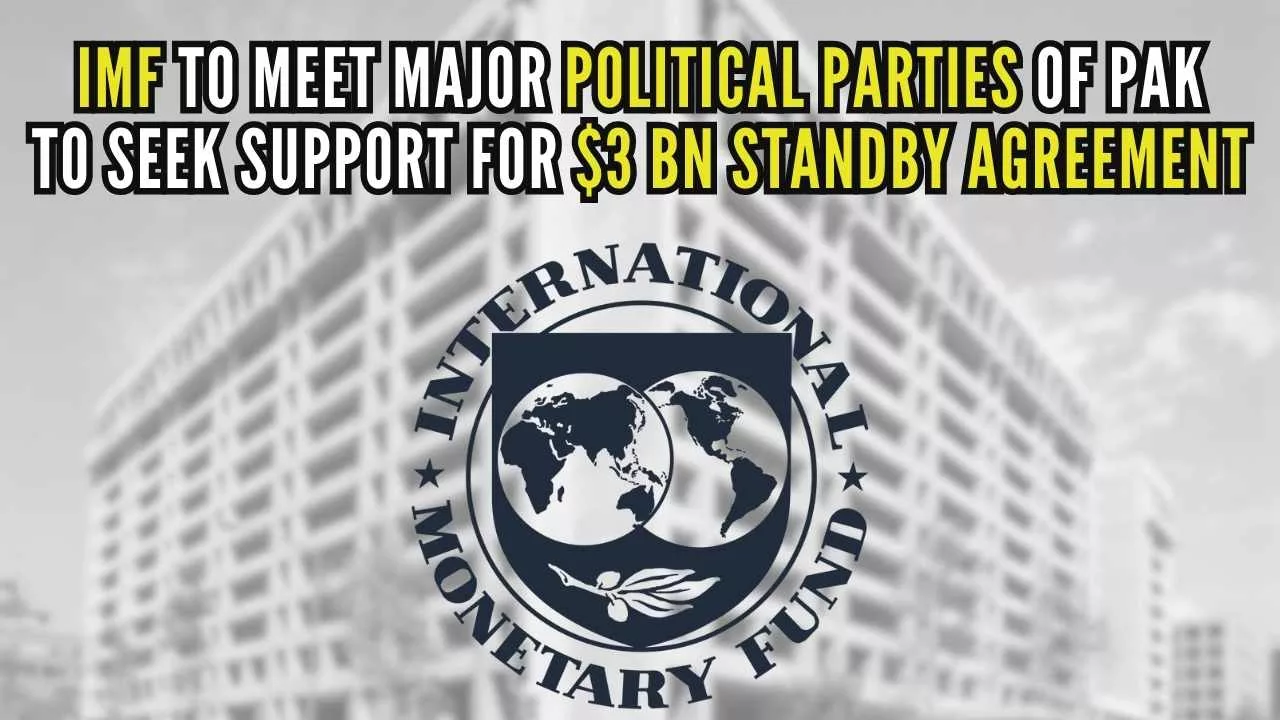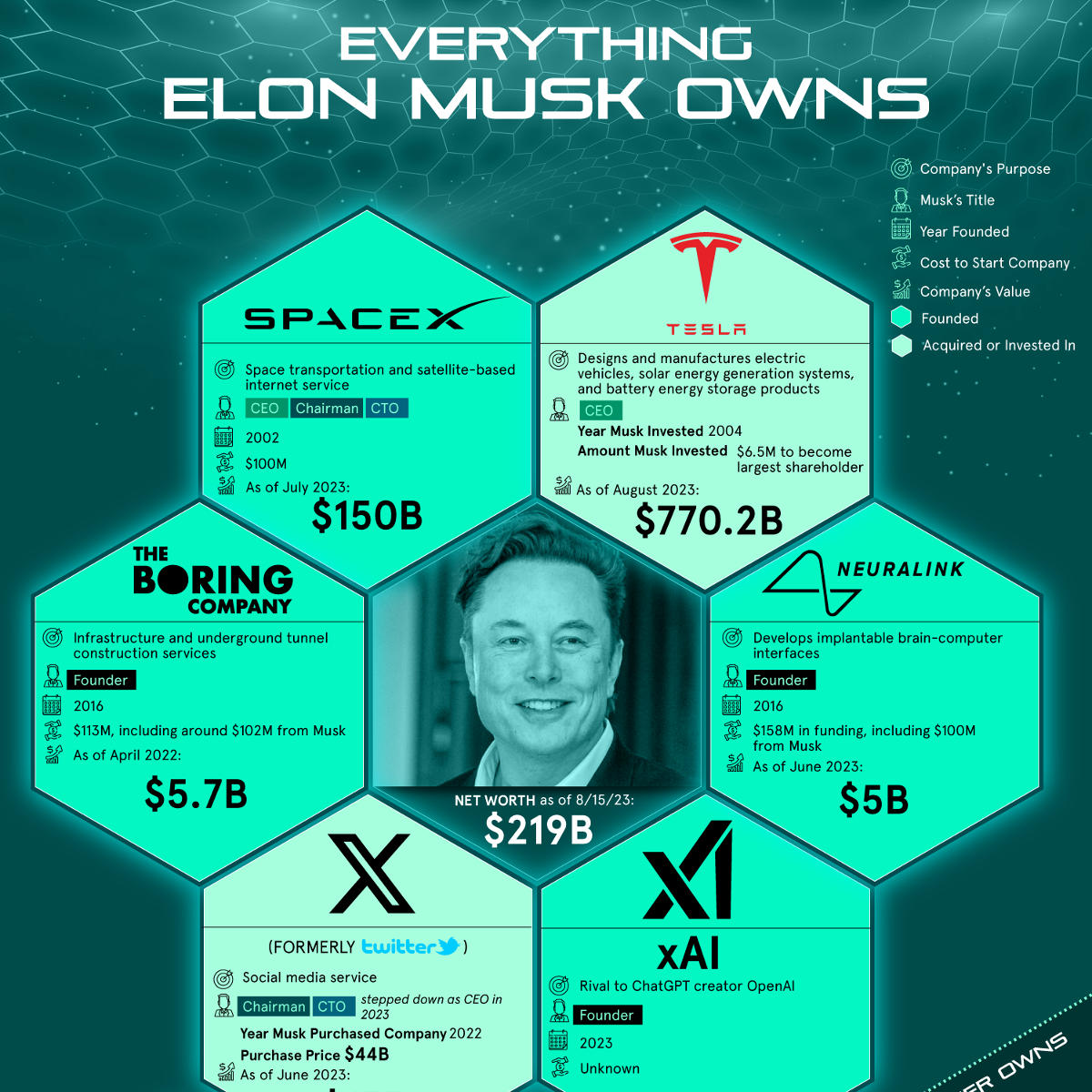Dangote Refinery's Influence On NNPC Petrol Pricing

Table of Contents
Increased Competition and Market Dynamics
The Dangote Refinery's arrival marks a pivotal moment in Nigeria's petroleum sector. For years, the Nigerian National Petroleum Company (NNPC) has held a near-monopoly on the refining and distribution of petrol. The Dangote Refinery's massive refining capacity will dramatically increase competition, breaking NNPC's dominance and creating a more dynamic market. This shift promises several key changes:
- Increased supply of refined petroleum products: The refinery's significant output will substantially boost the domestic supply of petrol, diesel, and other refined products, reducing the nation's reliance on expensive imports.
- Reduced reliance on imported fuel: With a significant portion of national fuel needs met domestically, Nigeria will become less vulnerable to global oil price fluctuations and import-related logistical challenges.
- Potential for price wars between NNPC and Dangote: The increased competition could trigger price wars, benefiting consumers through lower petrol prices. This scenario hinges on both companies' pricing strategies and market responses.
- Impact on smaller players in the market: Existing smaller players in the petroleum downstream sector will also experience shifts in the competitive landscape, potentially leading to adjustments in their own strategies and pricing. This could involve mergers, acquisitions, or increased efficiency to compete.
Potential Reduction in Petrol Prices
One of the most anticipated consequences of the Dangote Refinery is a reduction in petrol prices for Nigerian consumers. Increased competition, coupled with reduced reliance on imports, could significantly lower costs. However, the extent of this price reduction will depend on several interconnected factors:
- Lower import costs due to local refining: By significantly reducing the need for petrol imports, the refinery will directly lower costs associated with foreign exchange and international shipping.
- Potential decrease in government subsidies: With increased domestic production, the government's need to heavily subsidize petrol imports could decrease, potentially freeing up resources for other development priorities.
- Increased consumer purchasing power: Lower petrol prices translate directly to increased disposable income for consumers, stimulating economic activity and improving living standards.
- Economic benefits for businesses and individuals: Reduced fuel costs will benefit businesses by lowering their operational expenses, potentially leading to lower prices for goods and services and increased profitability.
Impact on NNPC's Role and Pricing Strategy
The Dangote Refinery's emergence necessitates a strategic response from NNPC. The company will need to adapt its pricing strategy to remain competitive in a newly energized market. This could involve:
- NNPC's need to adjust its pricing to remain competitive: NNPC may have to lower its petrol prices to match or undercut Dangote's offerings, impacting its profitability and overall business model.
- Potential shift in NNPC's focus towards other aspects of the petroleum sector: NNPC may refocus its efforts towards upstream operations, such as exploration and production, or other areas of the petroleum value chain.
- Government regulation and its influence on NNPC and Dangote's pricing strategies: Government regulations and policies regarding fuel pricing, subsidies, and market competition will play a crucial role in shaping the dynamic between NNPC and the Dangote Refinery.
Challenges and Uncertainties
While the potential benefits are significant, several challenges and uncertainties could hinder the Dangote Refinery's immediate and full impact on NNPC petrol pricing:
- Potential for unforeseen operational issues at the refinery: Any significant operational problems at the refinery, such as delays or production shortfalls, could limit its ability to immediately impact the market.
- Influence of global oil market fluctuations: Global oil prices remain a significant factor affecting petrol costs, regardless of domestic refining capacity. Fluctuations in these prices can offset the benefits of local refining.
- Government policies and their impact on the market: Government intervention in the form of taxes, regulations, or subsidies could significantly influence petrol pricing, potentially mitigating the effects of increased competition.
- The role of distribution networks and infrastructure: Efficient distribution networks and adequate infrastructure are essential for effectively delivering refined products to consumers across the country. Bottlenecks in this area could limit the refinery's overall influence.
Conclusion: The Dangote Refinery's Long-Term Influence on Petrol Prices in Nigeria
The Dangote Refinery represents a monumental shift in Nigeria's petroleum landscape. Its influence on NNPC petrol pricing is likely to be multifaceted, with potential for both increased competition and reduced prices for consumers. While challenges and uncertainties remain, the long-term implications are likely to be significant. However, the precise extent of these impacts will depend on various intertwined factors, including operational efficiency, global market dynamics, and government policies. Continued monitoring of market developments is crucial to understanding the unfolding effects of the Dangote Refinery's influence on NNPC petrol pricing. We encourage you to stay informed about this evolving situation by following relevant news sources and industry reports. We will continue to provide updates on this important topic in future articles.

Featured Posts
-
 Palantir Stock Buy Or Sell A Detailed Investment Guide
May 09, 2025
Palantir Stock Buy Or Sell A Detailed Investment Guide
May 09, 2025 -
 Pakistans 1 3 Billion Imf Package Under Review India Tensions And Current Events
May 09, 2025
Pakistans 1 3 Billion Imf Package Under Review India Tensions And Current Events
May 09, 2025 -
 Hurun Global Rich List 2025 Elon Musks Net Worth Drops By 100 Billion But He Remains Richest
May 09, 2025
Hurun Global Rich List 2025 Elon Musks Net Worth Drops By 100 Billion But He Remains Richest
May 09, 2025 -
 Elon Musks Net Worth Falls Below 300 Billion Tesla Tariffs And Market Impacts
May 09, 2025
Elon Musks Net Worth Falls Below 300 Billion Tesla Tariffs And Market Impacts
May 09, 2025 -
 The Controversy Surrounding Pam Bondis Statements On Killing American Citizens
May 09, 2025
The Controversy Surrounding Pam Bondis Statements On Killing American Citizens
May 09, 2025
